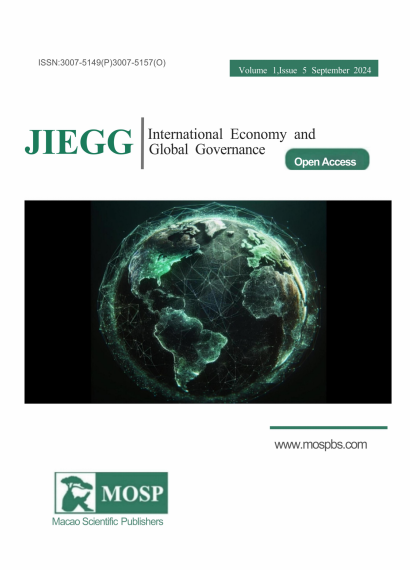Abstract
Since his inauguration, Ferdinand Romualdez Marcos has actively aligned with the anti-China coalition led by the US and the West, frequently provoking China and shaping a new narrative about the South China Sea. This paper, based on the overall national security perspective, deduces the Marcos administration's four-dimensional South China Sea discourse system—sovereignty, international law, history, human rights, and democracy—from Philippine news media reports. It analyzes its dissemination effectiveness in the Anglo-American public discourse arena and explores the establishment of a policy effect assessment system for the Philippines' South China Sea narrative, providing scholarly suggestions for safeguarding against risks to China's ideological security. Employing both quantitative and qualitative big data analysis, this study analyzes South China Sea reports from mainstream Philippine and British/American media from June 30, 2022, to May 31, 2024, examining the content, characteristics, metaphors, and dissemination effects of the Philippine narrative. The research shows that the Philippine South China Sea narrative focuses on territorial sovereignty, international law and history, human rights, and democracy, with the Coast Guard playing a crucial role. The Philippines strengthens its tough stance against China through public opinion, justifies its actions through international law and historical self-validation, maligns China's image through human rights issues, and links democratic values with the South China Sea issue to garner support from Western countries. The study finds that the Marcos administration, through strategic narrative techniques and ideological demarcation, has worsened China's diplomatic strategic environment around the South China Sea, making the public opinion battle over this issue a primary line of conflict in the Sino-Philippine international cognitive space. Hardline stances against China are increasingly mainstream within Philippine society, squeezing the space for positive perceptions of China. This paper recommends that China promptly respond to provocative misinformation, guard against Western propaganda systems meddling in the South China Sea situation, expand the volume of benign perceptions, construct a peaceful diplomatic discourse system, and safeguard ideological security in foreign-related fields.
Keywords: Philippines, South China Sea Narrative, Coast Guard, Ideological Security, Public Opinion Dissemination
Download the full text PDF for viewing and using it according to the license of this paper.

